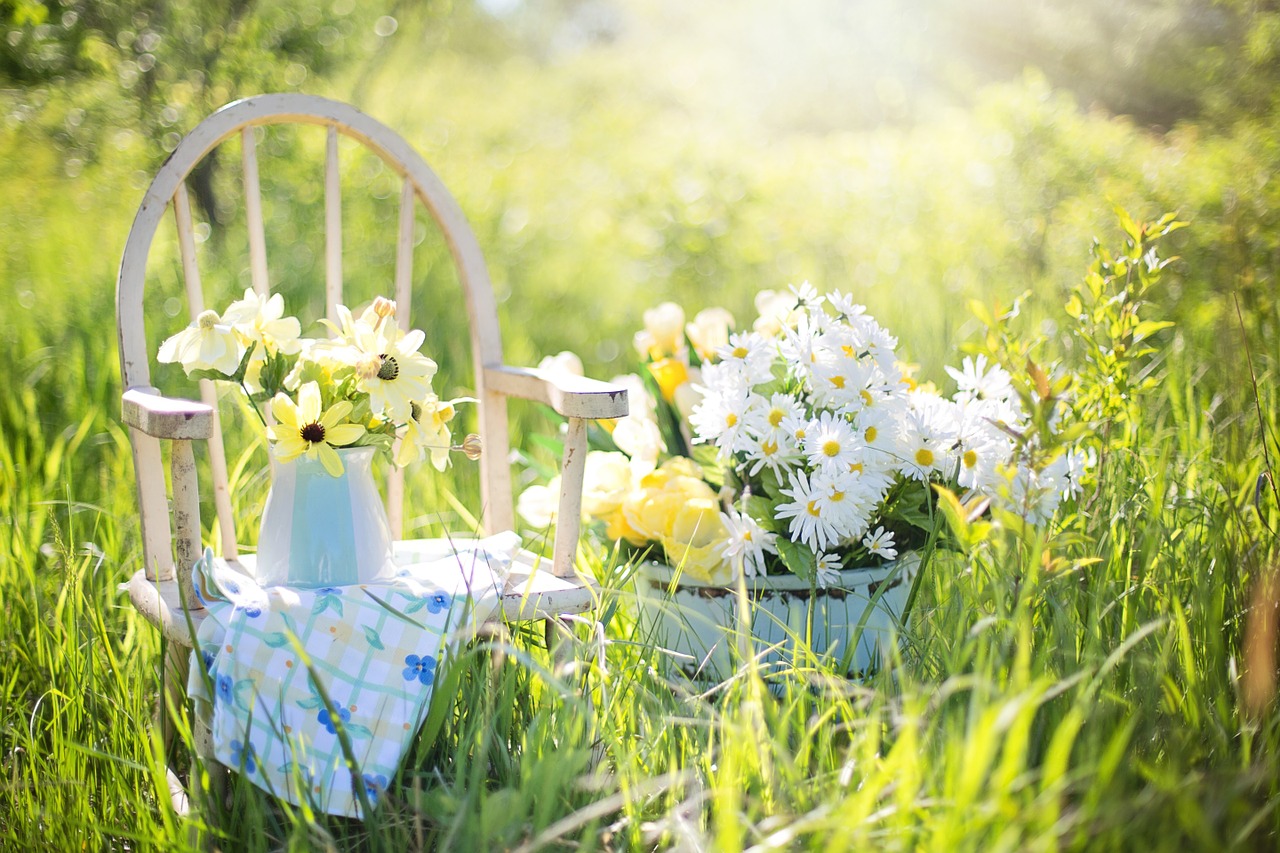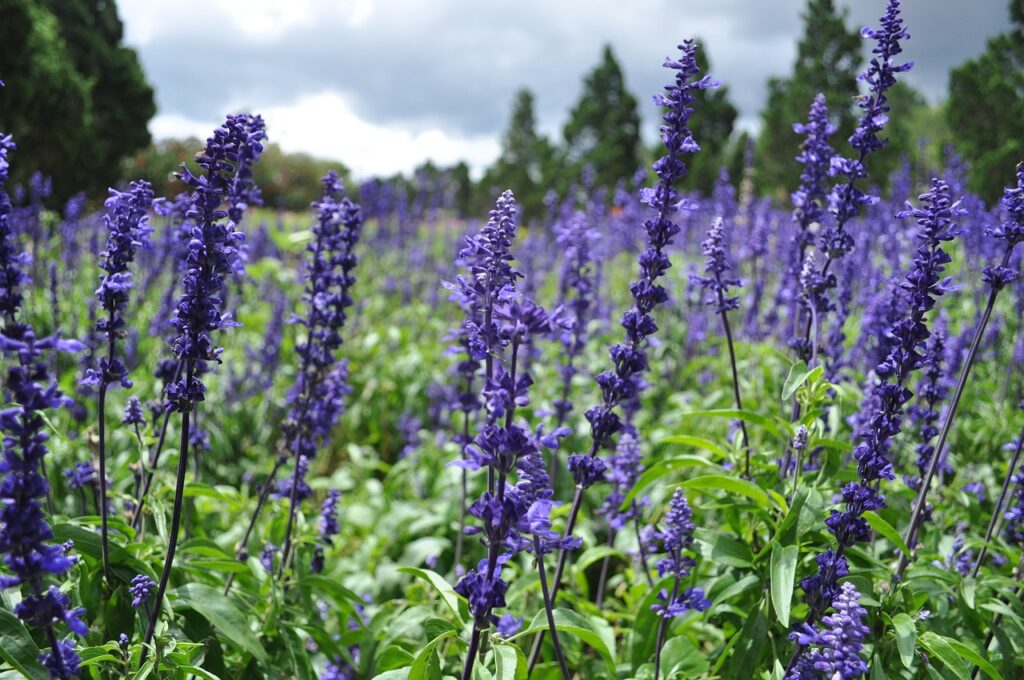Diffusing Essential Oils – A Luxuriously Aromatic Experience
Scents and aromas provide some of the strongest memories and emotions, so it makes sense then that we’d want to utilize those benefits in our homes. Many today have tapped into essential oils not only for their wide-ranging benefits but also for the aromatic experiences they provide.
- Heat or Cold Diffusion
- Benefits of Diffusing Essential Oils
- Popular Methods of Essential Oil Diffusion
- Diffusing Essential Oils FAQs
- What Types Of Essential Oils Are Best For Diffusing?
- What Are Some Benefits Of Diffusing Essential Oils?
- How Long Does The Aroma From Diffused Essential Oils Last?
- What Are Ultrasonic Diffusers?
- Is It Safe To Diffuse Essential Oils Around Pets?
- What Is The Best Way To Clean An Essential Oil Diffuser?
- How Often Should You Change The Water In A Diffuser?
- Can You Diffuse Essential Oils At Night While Sleeping?
- What Size Diffuser Is Best For Large Rooms?
- Can Diffusing Essential Oils Help Eliminate Odors?
Whether you are looking to create sweet floral overtones, fresh earthy scents, or eye-opening minty citrus moods, the options are endless. Thankfully, creating these scents is easy with the many various kinds of essential oil diffusers available today.
Heat or Cold Diffusion
There are various kinds of diffusers available on the market. The options include lamp rings, water vapor/ultrasonic diffusers, candle diffusers, cool air nebulizing diffusers, and electric heat diffusers. Even wearable diffusers are available today as diffuser necklaces or bracelets.
As tested, cold air diffusion is more recommended than heat diffusion. This is because heat can quickly cause the evaporation and degradation of essential oils. Furthermore, the worst part of using heat diffusion is the potential for creating toxic compounds that may cause cancer (this is true of burning anything in the home).
Therefore, cold air diffusion is the much preferred option for dispersing your oils. This isn’t only due to safety concerns but also because cool air diffusion is well-known to be far more efficient at putting more oils into the air without damaging the underlying plant compounds they consist of.
Without using heat, essential oils can be dispersed into one room or an entire house quite easily. Whether only using single oil scents or blends, you will find that diffusion with cool-air options is quite effective.
Benefits of Diffusing Essential Oils
Anyone who knows anything about aromatherapy knows that there are real and tangible benefits to the scents and the moods we create in our environment. So, let’s take a look at a few reasons why diffusing is a great practice in the home.
- Cleanses the air
Essential oils fight mold and microorganisms that are present in the air. You can use tea tree, cinnamon, or rosemary in your preferred diffuser equipment. Not only can oils fight mold, mildew, or bacteria, but they will also make your house smell amazing. All this can be done while, at the same time, making your home smell like a spa haven.
- Helps you de-stress, relieve anxiety, and promote relaxation
Did you know that essential oils can help improve your mood in an instant? They do this by affecting the brain’s emotional center through the sense of smell. As a result, your mood becomes more positive, and you’ll have more active manifestations of increased energy. If you are feeling a little low and anxious, try oil diffusion.
Be sure to read our write-up on essential oils for anxiety, where we detail many of the studies that have been performed and list 12 perfect essential oils for this use.
- Relieves congestion problems
Put an end to the struggle of a congested nose due to colds and allergies. Did your grandma or parents ever use Vicks vapor rub to clear your congestion? If they did, you know how quickly that stuff works.
But there’s no need to use a store-bought vapor rub that may contain unnecessary chemicals and synthetic compounds, especially since you have access to two main ingredients (camphor and eucalyptus). Use any blend of oils like peppermint, camphor, eucalyptus, or lemon for your decongestion on those days you’re feeling down or in the beginning stages of a sinus infection.
Note: Around children, camphor and any essential oils can be dangerous. Follow all safety precautions before using. Always dilute. Start with less rather than more.
- Sets the mood
Whether you want to create a romantic mood, a morning awakening mood, or a warm and welcoming mood, dispersing EOs allows you to choose exactly how you want your home to smell on any occasion. I especially like the idea of seasonal diffusing.
To find out which essential oils are best suited for each of the four seasons, be sure to read our post on it: 12 Captivating Essential Oil Blend Recipes for Every Season.
- Promotes a good night’s sleep
Do you suffer from insomnia? If you do, then you need to try diffusing essential oils in your room to help you sleep better. Some well-known essential oils that you can try include lavender, chamomile, or sage. I also find that our children sleep much better when we diffuse various essential oil blends.
Among these essential oils, lavender has been proven to show good results in terms of relaxation and better sleep. But there are many relaxative essential oils to choose from, primarily those in the post we linked to about anxiety.
- Encourages focus during learning activities
If you plan to homeschool, creating an environment conducive to learning is very important. If you’re a teacher, you know just how important this is. You don’t want a sterile environment or one that overly distracts you. Rather, you want to create an environment that will help your children focus on the information that is being presented while teaching.
Citrus oils are great for focus, as well as oils that promote relaxation.
Popular Methods of Essential Oil Diffusion
There are countless ways to enjoy essential oils, and most require very little equipment. No matter your budget, you can start with simple entry-level options and upgrade later as you learn what you enjoy most. Below are some of the most popular and effective methods for diffusing essential oils at home.
Nebulizing Diffusers
A nebulizer uses a small pump and a glass chamber to turn essential oils into a fine mist without heat or water. This mist spreads evenly through the air and keeps the natural properties of the oils intact.
Why people love nebulizers:
- They disperse oils very efficiently
- The mist particles are extremely small
- No heat is used, which protects oil quality
- The scent spreads quickly throughout a room
Things to keep in mind:
- Glass parts can be fragile
- Thicker oils may clog the chamber
- Occasional cleaning is necessary
- Nebulizers can cost more than other options
To avoid buildup, pair thicker oils like myrrh with thinner oils, and clean the unit periodically. When used properly, nebulizers are one of the most powerful ways to fill your home with essential oil aroma.
Cool Mist Ultrasonic Diffusers
These are by far the most common diffusers you will see today. They use water and ultrasonic vibrations to disperse a cool, essential-oil-infused vapor throughout the room.
Why they are so popular:
- Very easy to use
- Require only water and essential oils
- Produce a gentle, cool mist
- Many affordable models available
Some models include helpful features like auto shutoff, quiet modes, ambient lighting, or larger water tanks. However, quality and longevity vary widely by brand, so it helps to compare features before choosing one.
Tea-Light Diffusers
Tea-light diffusers use a small ceramic bowl and a natural candle to warm water and essential oils. As the water heats, steam rises and fills the space with fragrance.
How it works:
- Fill the ceramic dish with hot water
- Place a non-toxic tea-light candle underneath
- Add a few drops of essential oil
- Refill water or oils as needed
This method is affordable, simple, and requires no electricity. However, because it involves an open flame, it should always be kept away from children and pets. It also introduces light smoke into the home, so use sparingly if you prefer a cleaner-burning environment.
Diffuser Necklaces and Bracelets
Wearable diffusers are an excellent way to bring your favorite scents with you wherever you go. They often use small felt pads or porous stones that absorb a few drops of essential oil.
Why wearable diffusers are useful:
- No electricity or water needed
- Perfect for travel, walks, or outdoor events
- Can hold calming, energizing, or even bug-repelling oils
These accessories come in many styles, from simple pendants to beautifully designed lockets or bracelets.
Final Thoughts
Aromatherapy is special because scent has the power to influence mood, memory, and your overall sense of comfort at home. Whether you want a calm evening atmosphere, a fresh-smelling kitchen, or a relaxing bedtime routine, essential oil diffusion is simple, adaptable, and enjoyable.
If you are new to essential oils, explore our other guides for learning how to choose high-quality oils and how to use them safely and effectively.
Further Reading:
- Where to Buy Essential Oils – Important Facts You Need to Know
- How to Use Essential Oils Safely: 7 Ways to Enjoy Them Carefully
Diffusing Essential Oils FAQs
What Types Of Essential Oils Are Best For Diffusing?
Lavender, lemon, peppermint, eucalyptus, bergamot, frankincense, and orange are some of the most popular oils for diffusion. Blends can be even more enjoyable. Many people like to:
- Combine floral oils with warm, spicy oils
- Mix citrus oils with woodsy or herbal scents
- Experiment with unexpected combinations to find new favorites
What Are Some Benefits Of Diffusing Essential Oils?
Diffusing essential oils can:
- Freshen and purify the air
- Promote relaxation or uplift mood
- Support mental clarity and focus
- Help create a calming bedtime environment
- Make your home feel warm and welcoming
Different oils offer different effects, so your experience will depend on which scents you choose.
How Long Does The Aroma From Diffused Essential Oils Last?
Most diffused aromas linger for about one to two hours. Factors that affect how long they last include:
- Scent type: Citrus and light florals tend to fade faster, while woody or resinous oils last longer
- Room size and ventilation: Larger or drafty rooms disperse scent more quickly
- Personal adaptation: If you diffuse regularly, your nose may adjust and notice the scent less even while it is still present
What Are Ultrasonic Diffusers?
Ultrasonic diffusers use high-frequency vibrations to turn water and essential oils into a cool, fine mist. They:
- Do not require heat
- Help preserve the natural properties of the oils
- Are easy to use and maintain
- Add gentle humidity and scent to the air
They are one of the most beginner-friendly options for home aromatherapy.
Is It Safe To Diffuse Essential Oils Around Pets?
Use caution when diffusing near animals. Some essential oils, especially tea tree, cinnamon, clove, peppermint, and many citrus oils, can be problematic for pets. To be safe:
- Keep diffusers in rooms where pets do not spend much time
- Ensure good ventilation
- Avoid long, continuous diffusion around animals
- Talk with your veterinarian about which oils are safe in your home
When in doubt, avoid diffusing in the same space as your pets.
What Is The Best Way To Clean An Essential Oil Diffuser?
Regular cleaning helps prevent buildup and keeps your diffuser working well. Basic cleaning can be done by:
- Rinsing the reservoir with warm water
- Wiping it gently with a soft cloth
- Using mild dish soap when needed
For stubborn residue, you can:
- Fill the diffuser with equal parts water and vinegar
- Run it for 5 to 10 minutes
- Empty and rinse thoroughly with clean water
How Often Should You Change The Water In A Diffuser?
Change the water after each use or at least daily. Standing water can allow bacteria or mold to grow. Ideally:
- Empty remaining water when you are done diffusing
- Wipe the tank dry if it will sit unused for a while
- Refill with fresh water and oils each time you run it
Can You Diffuse Essential Oils At Night While Sleeping?
Yes, many people enjoy diffusing at bedtime. Choose gentle, calming oils such as lavender, chamomile, or cedarwood. For safe nighttime diffusion:
- Use an intermittent or timer setting if your diffuser has one
- Keep the room lightly ventilated
- Avoid very strong or stimulating oils at night
What Size Diffuser Is Best For Large Rooms?
Larger rooms usually need diffusers with bigger tanks or stronger mist output. Helpful guidelines:
- Look for at least a 300 to 500 ml water reservoir for large spaces
- Consider two smaller diffusers placed on opposite sides of the room
- For maximum scent strength, a nebulizing diffuser can be very effective
Can Diffusing Essential Oils Help Eliminate Odors?
Yes, certain oils are excellent for freshening the air. Good choices include:
- Lemon and other citrus oils for bright, clean scents
- Eucalyptus and peppermint for sharp, refreshing freshness
- Tea tree and clove for strong odor-fighting power
- Cedarwood and other woodsy oils for a warm, grounding aroma
These can help reduce unpleasant smells from cooking, pets, or stale air.


